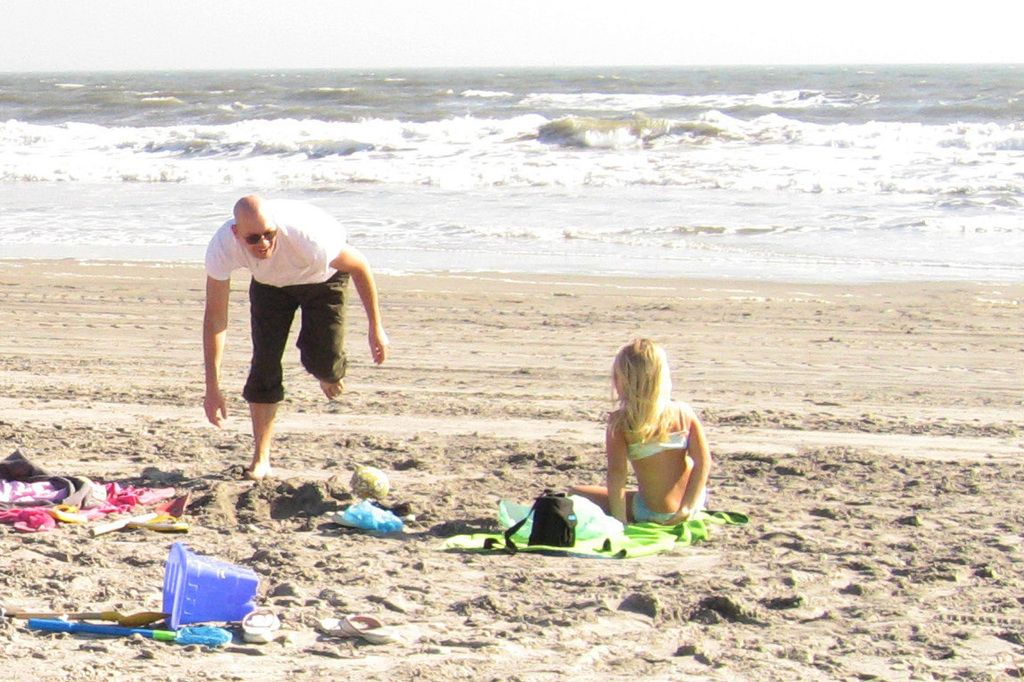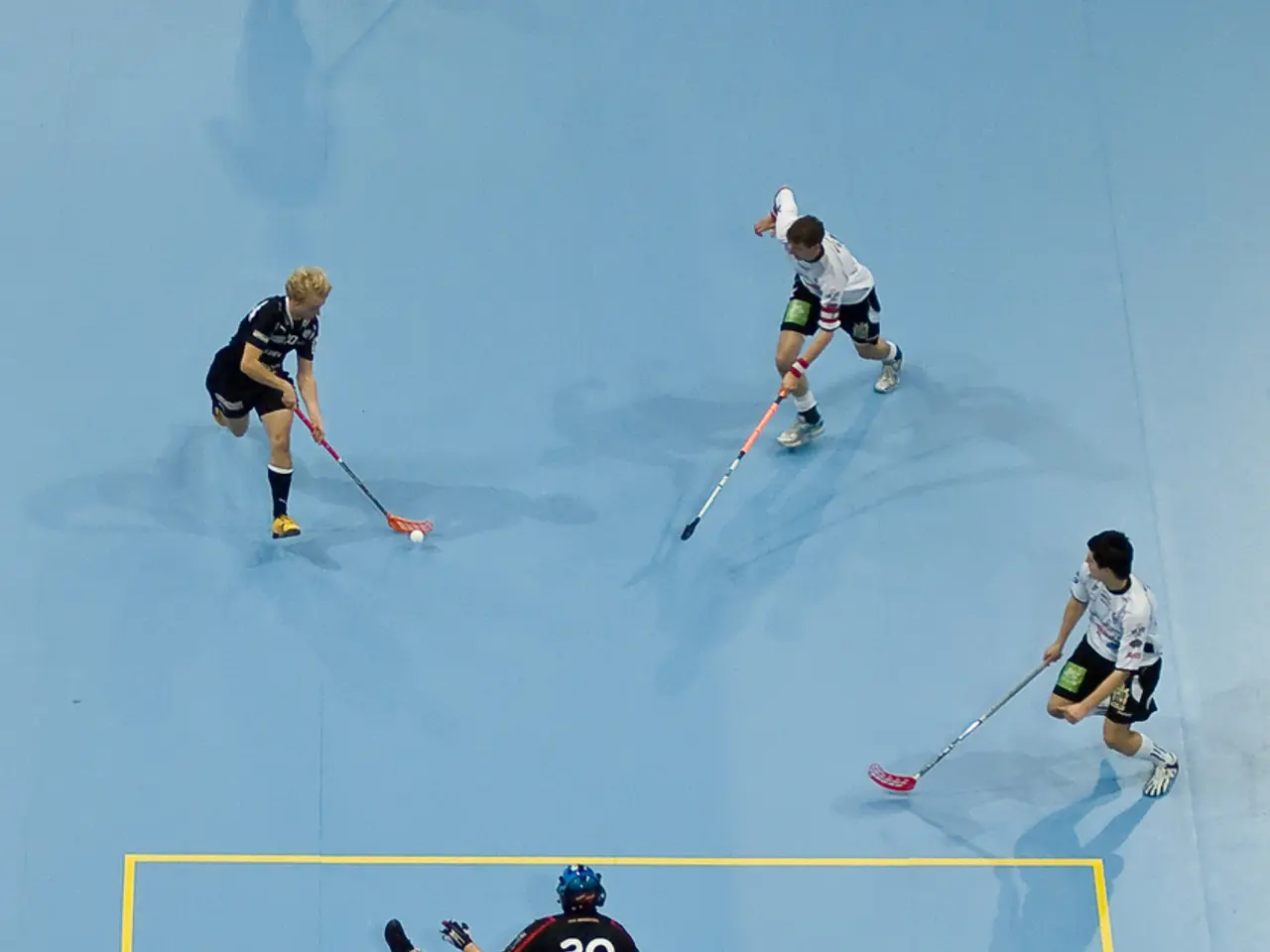Escalating Tensions: Iran and Israel Engage in Ongoing Conflict via Missile Exchanges and Threats
Unleashing Chaos: Israel and Iran's unending feud
It's day two of a dangerous dance between Israel and Iran, and there's no indication of de-escalation between these arch-rivals. Israel faced attacks from rockets and drones at dawn, as reported by their military. Simultaneously, air defense was active in Tehran overnight, with explosions shaking the city center and northeast.
Three precious lives were lost, and dozens more were injured in Israel following the renewed rocket attacks by the Islamic Republic. Most of the rockets were intercepted, according to a military spokesman, suggesting a defensive strategy from Israel. Unconfirmed media reports hint at US involvement in Israel's missile defense.
Wreaking Havoc Across Israel
Explosions rattled near Tel Aviv, with debris from intercepted projectiles landing on the ground. Several buildings hammered under the weight of these impacts. The military reported another drone attack from Iran in the morning, activating air defense once more. Sirens echoed through the streets in several areas, signaling danger. Attacks on targets in Iran remain ongoing, the army stated.
Iran's retaliation is a response to Israel's large-scale attack on Friday night, which caused immense civilian casualties, including women and children, according to Iran's UN envoy. Israeli Defense Minister Israel Katz delivered a stern warning: Iran has crossed a red line by targeting civilian areas, and they will pay a "very heavy price."
Iran swiftly countered these threats, promising to devastate Israel's important economic and energy centers should Israel target Iranian population centers. Earlier, Iran's Supreme Leader Ali Khamenei threatened, "The armed forces of the Islamic Republic will certainly deliver crushing blows to this wicked Zionist enemy."
Crippling the Iranian Nuclear Program
Israel, the region's sole nuclear power, targeted Iran's nuclear program, striking over 100 sites across Tehran, Tabriz, Shiraz, and Natanz. The above-ground portion of the Natanz enrichment facility, where uranium is enriched to 60%, was destroyed. Enrichment to over 90% is needed for nuclear weapons.
Reports also suggest attacks on Iran's nuclear facilities in Isfahan and Fordo, though the International Atomic Energy Agency (IAEA) only has information about military activities around these facilities and no data on potential damage.
High-Ranking Casualties
According to Iranian reports, several key figures in Iran's military have fallen in Israel's attacks, including Hussein Salami, Commander of the powerful Revolutionary Guards, Mohammed Bagheri, Chief of the General Staff, and Amir Ali Hajizadeh, Commander of the air force of the Revolutionary Guards.
Additionally, at least six leading scientists and professors in the fields of nuclear research and physics were killed in attacks on their homes in Tehran. As of now, Iran has yet to respond to Israel's strikes, but tensions continue to rise.
A Dangerous Game
UN Secretary-General António Guterres appealed for both countries to de-escalate, but it seems the dial is moving in the opposite direction. A high-ranking Iranian official told US broadcaster CNN that Iran will strengthen its attacks on Israel and target the regional bases of all countries that defend Israel.
"The region has never been closer to a full-blown conflagration than it is now," said Ali Vaez, head of the Iran department at the International Crisis Group. While it's unclear how many weapons and defense systems the Israelis have destroyed, Iran still definitely has the potential to retaliate. Not only does it have one of the most advanced and extensive arsenals of cruise missiles in the Middle East, but it also has strong allies in the region like the Houthi militia in Yemen.
The Palestinian terrorist organization Hamas and the Lebanese Hezbollah militia are also significantly supported by Tehran. If this conflict continues, it could become incredibly volatile, quickly.
Israel's major attack has left a lasting impact on Iran's power apparatus, but a complete breakdown or implosion of the regime might not be in the cards, according to experts. If the death toll continues to rise and American citizens in Israel are also killed, further US involvement in the military conflict would become "very difficult" to avoid.
"We're Just Getting Started" cautioned Israeli Chief of Staff Eyal Zamir. Israel and other states like the US are determined to prevent Iran from building a nuclear bomb. Tehran denies pursuing this goal, insisting that it only wants to use nuclear energy for peaceful purposes. This scenario is evolving rapidly, and international observers are keeping a close eye on developments for any signs of escalation or de-escalation.
- The escalating conflict between Israel and Iran continues, with both countries reporting air defense activities and attacks.
- Reports suggest that key military figures and scientists in Iran have been targeted and killed in Israel's attacks, but Iran has yet to announce its response.
- The damage to Iran's nuclear facilities, including the enrichment facility at Natanz, has added to the tension, with Israel stating its intention to prevent Iran from building a nuclear bomb.
- The United Nations and international observers are closely monitoring the situation, with concerns growing about the potential for a full-blown conflagration in the region. Meanwhile, sports-betting and general news continue to report on the developments, while crime-and-justice issues, war-and-conflicts, politics, and accidents take a backseat amidst this regional crisis.








